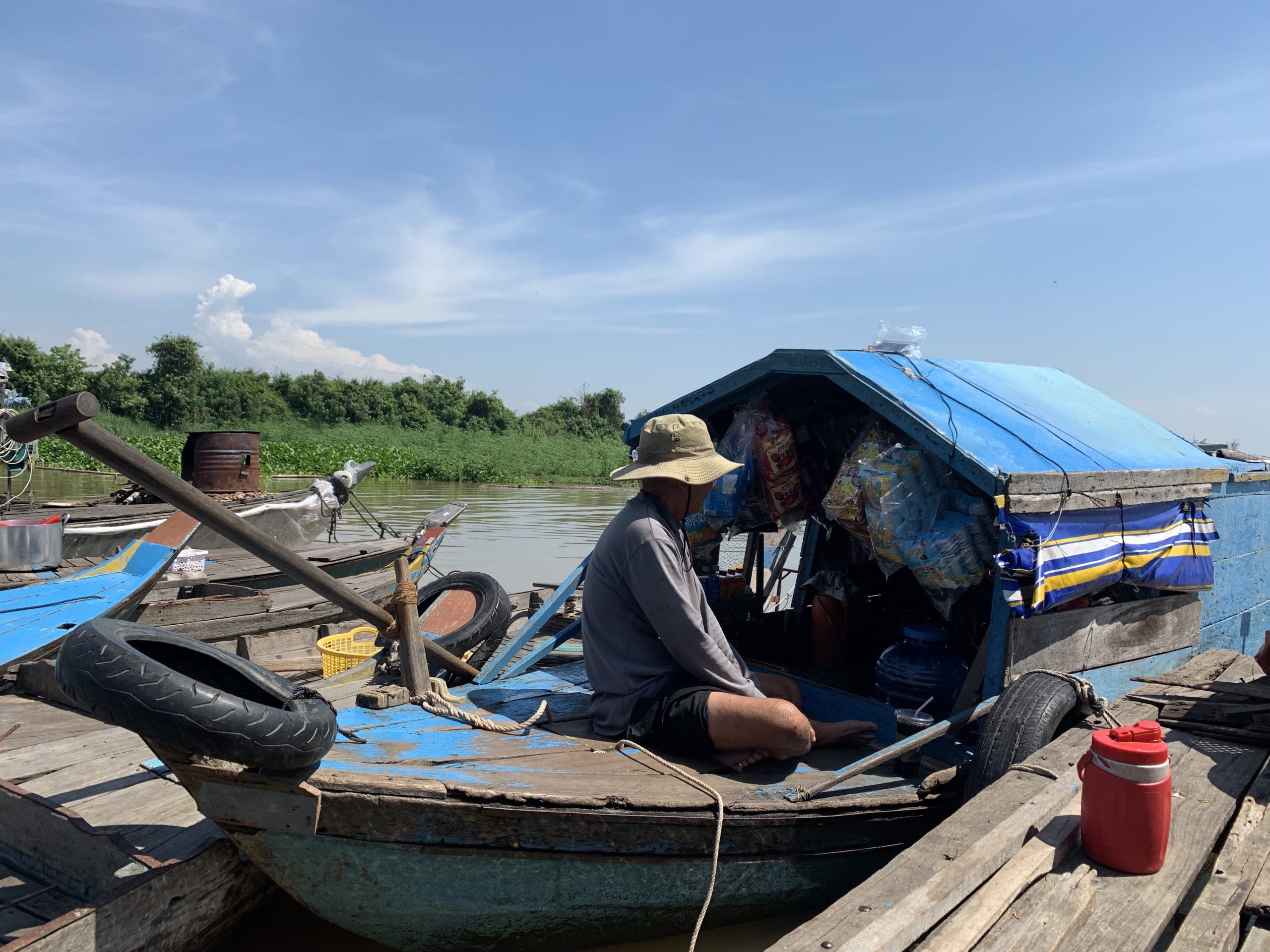1. Citizenship Law
a. Jus sanguinis and jus soli provisions
The citizenship law of the Marshall Islands operates through both a limited jus soli and jus sanguinis structure. Persons born in the territory of the Marshall Islands are automatically considered citizens if they are not entitled to any other citizenship. Regardless of birthplace, children born to at least one citizen of the Marshall Islands are entitled to automatic citizenship by descent. There is no explicit mention or definition of statelessness in the Marshall Islands’ citizenship legislation.
b. Naturalized Citizenship
In order to be eligible for naturalization in the Marshall Islands, the applicant must have been ordinarily resident in the territory for at least 10 years, have good character, language competency in Marshallese, respect for the customs and traditions, financial independence, and renounced their previous citizenship. No more than 10 people can be naturalized in the Marshall Islands per year. There is no simplified or expedited process of naturalization for stateless persons or refugees. There are no appeals for negative decisions.
c. Dual Citizenship
Dual citizenship is not recognized in the Marshall Islands. Those applying for naturalization must first renounce their prior citizenship in order to be eligible. The requirement to renounce prior citizenship in order to obtain Marshallese citizenship by naturalization forces applicants into an indefinite period of statelessness during the application processing and places them at risk of statelessness.
2. Treaty Ratification Status
While the Marshall Islands is not a party to either of the Stateless Conventions nor the Refugee Convention and its Protocol, it is a party to all other relevant human rights treaties, making it one of five states in the Pacific to have one so. The Marshall Islands made no reservations on these ratified treaty bodies.
In its 2018 concluding observations, the CRC Committee recommended that the Marshall Islands strengthen implementation of birth registration procedures, introduce mobile birth registration teams in the outer islands, increase awareness of the importance of birth registration, and ensure birth registration for children born to unwed and adolescent mothers. In 2020, the Maldives in the UPR for the Marshall Islands, urged the country to “strengthen its efforts to introduce birth registration procedures and issuance of birth certificates”. By ratifying the CRC, the Marshall Islands committed to ensure that every child’s birth is registered immediately.
In 2018, the CEDAW Committee too expressed concerns about the phenomenon of Marshallese women being exploited through marriage by men looking to gain visa-free entry to the U.S. by gaining Marshallese citizenship. Typically, these marriages end in the man filing for divorce and claiming custody of the children once they gain citizenship. In response, the Marshall Islands agreed to consider these recommendations.
| Country | Stateless 1 | Stateless 2 | Refugee | ICCPR | ICESCR | ICERD | CRC | CEDAW |
|---|---|---|---|---|---|---|---|---|
| Marshall Islands |



